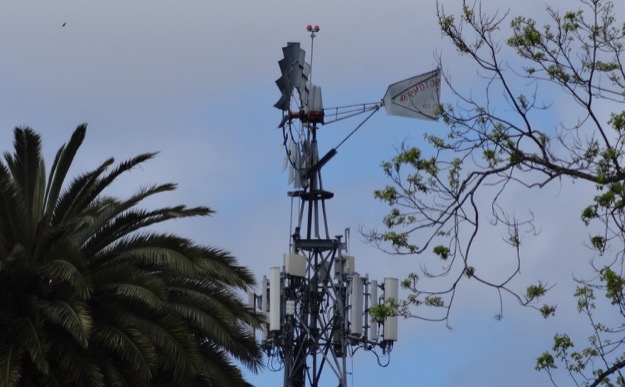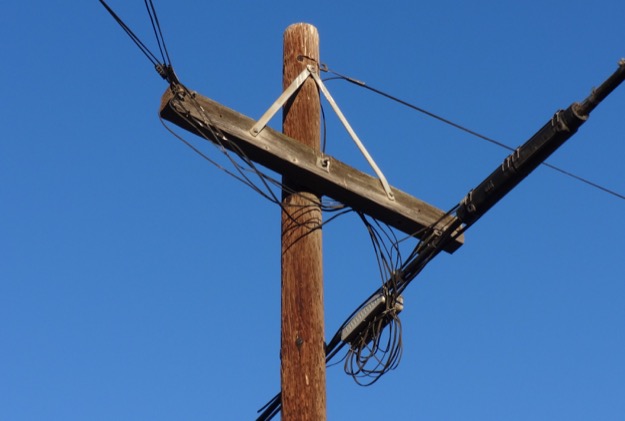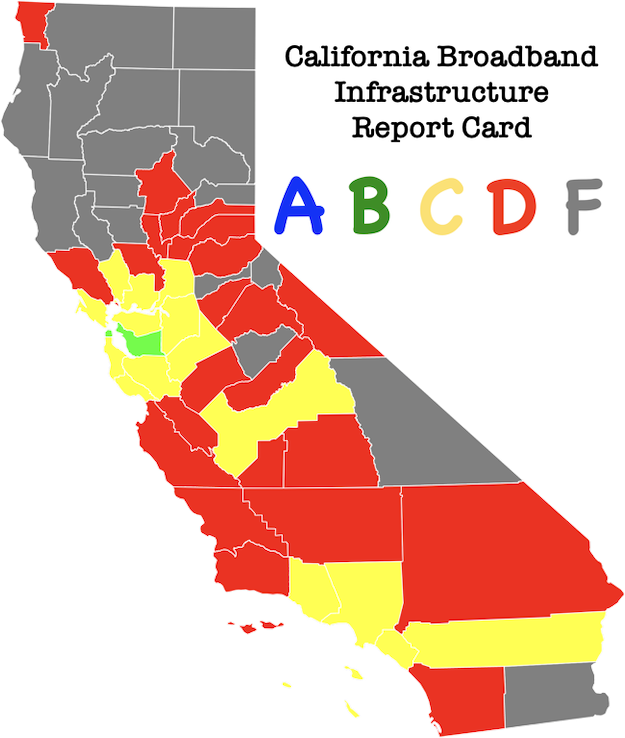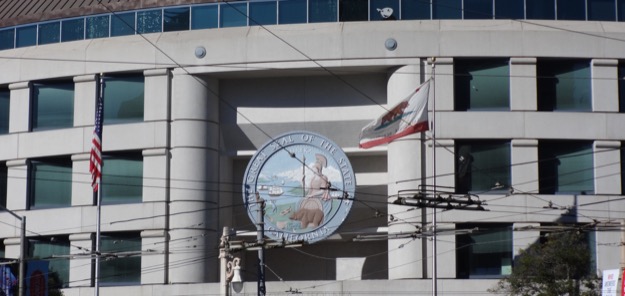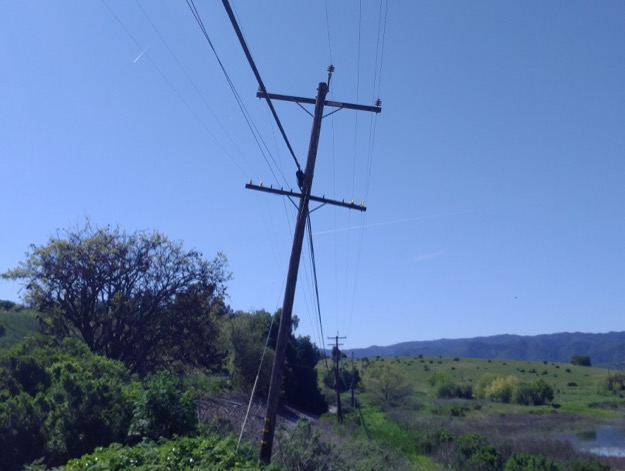Friends and foes of the T-Mobile/Sprint deal want changes to CPUC’s proposed approval

T-Mobile’s decision to ignore the California Public Utilities Commission and close its acquisition of Sprint without permission will result in at least some, and probably a lot, of revisions to the draft decision approving the deal that’s now waiting for a commission vote. Comments filed on Wednesday by past and present opponents of the merger don’t address T-Mobile’s regulatory insouciance – that’ll come later – but do suggest extensive changes to what’s already on the table.… More





